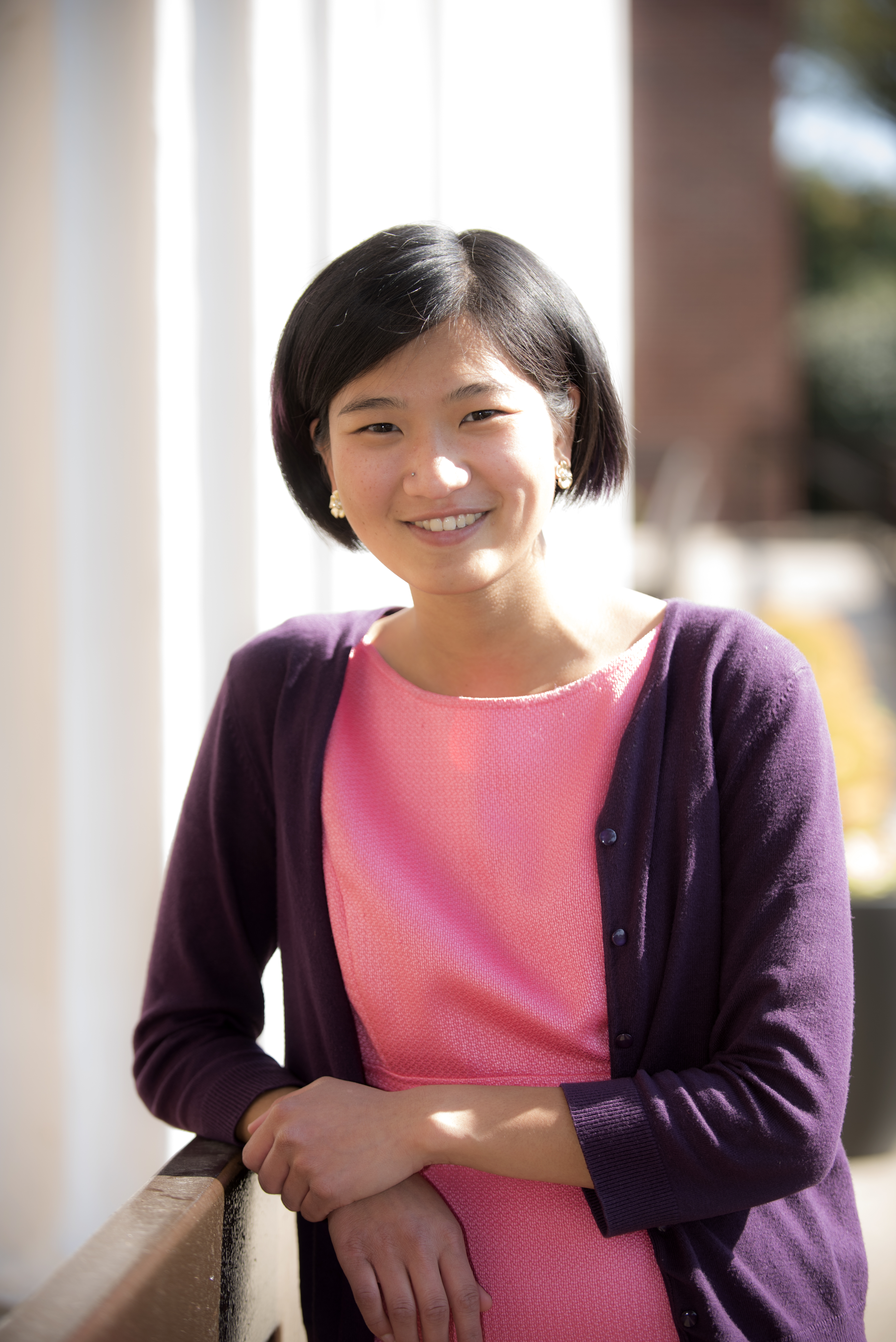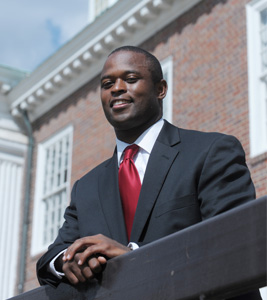Our People and Mission
Our Students
From former baseball players to TV producers to community volunteers, our students are as diverse in their former professions as they are in their lives, enriching our law school community and approach. Learn more.

"I walk into school every day with so much joy because of the supportive community that surrounds me. My professors are absolutely incredible. All of them are always willing to guide and help me in my studies and their words of wisdom have opened my eyes to other types of law that I might be interested in. I also have wonderful classmates whose support gets me through the challenges of school."
Sue Eng Ly, Brandeis Human Rights Advocacy Fellow
Our Faculty
From emerging technologies and privacy laws to gender equity and race and the law, our faculty expertise covers a wide spectrum and creates an environment rich in innovative thinking. Learn more.

"At Brandeis, we make every effort to teach the law in new and relevant ways that underscore the critical issues of the day as a means to understanding, applying, and integrating into practice, the basic doctrinal principles of the law. Students who attend our law school are not only prepared to discuss legal issues in their classes; they are prepared to critically assess these issues in a wide variety of contexts in their roles as advocates, counselors, and public citizens."
Cedric Merlin Powell, Professor of Law
Our Alums
As the fifth oldest continually operated law school in the nation, with an established network of more than 6,000 alumni, Brandeis School of Law students have access to regional and national leaders who serve the legal profession, government, business community and public service sectors that span 49 states and six countries. Our alumni are mentors to our students, engaged with the law school, and making a difference in their communities. Learn more.

(Brandeis professors) taught me how to think about policy- and law-related issues and how to articulate those points with respect to the law. The biggest impact they have had was to give me confidence that I can take on these roles: clerking for a federal judge, going to a big law firm in Kentucky and working for the U.S. Senate Majority Leader."
Daniel Cameron, 2011 graduate
Mission Statement
The University of Louisville Brandeis School of Law is a premiere small public law school with a mission to serve the public. Located just 3 miles south of Downtown Louisville, it is part of a large comprehensive research university with a state legislative mandate to be a nationally preeminent metropolitan research university. The Law School is guided by the vision of its benefactor and namesake, U.S. Supreme Court Justice Louis D. Brandeis, to:
-
Educate students in skills, knowledge and values for lifelong effectiveness in solving problems and seeking justice by giving them outstanding opportunities to:
- Develop knowledge of the basic principles of public and private law;
- Develop effective skills of legal analysis and written communication, legal research, conflict resolution, problem solving and other fundamental skills;
- Understand diverse perspectives that influence and are influenced by the law and its institutions, through a diverse faculty and student body, and through legal research and scholarship;
- Understand their ethical responsibilities as representatives of clients, as officers of the court and as public citizens responsible for the quality and availability of justice;
- Produce and support research that has a high level of impact on scholarship, law, public policy and/or social institutions;
- Develop and pursue interdisciplinary inquiry;
- Actively engage the community in addressing public problems, resolving conflicts, seeking justice, and building a vibrant and sustainable future through high-quality research and innovative ideas, and application of research to solve public problems and serve the public;
- Actively engage diverse participants in an academic community of students, faculty and staff that is strengthened by its diversity and its commitment to social justice, opportunity, sustainability and mutual respect; and
- Develop and use resources efficiently, effectively and sustainably to achieve mission-critical goals and strategies and to ensure student access to relatively affordable legal education.

